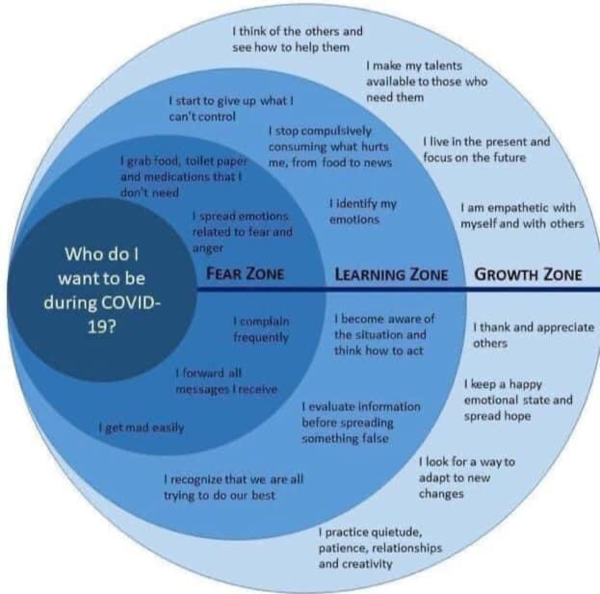Let's start with just a few of the issues with a premature or less than complete return to work approach.
A pork processing facility in South Dakota now has over 300 covid cases. The plant needed to be shut down because of the inability to control the spread within the facility and some concerns of the impact in the community and the medical facilities.
Probably every one of those 300 will have a potential a workers' compensation issue with the employer. For those not working due to the shutdown, but not testing positive, how are they compensated? For those who are positive, but not significantly ill, who pays their lost time and need for medical oversight? For anyone who develops serious illness, now the responsibility shifts to the employer and the WC program for that employer. With recent medical information showing impact (possibly directly) through infection to the heart and heart muscle, these are very significant medical cost issues.
Any return to work is going to require employers everywhere to provide a safe place to work including training, needed PPE and to be able to take action with employees and customers (or both) who fail to adhere to the safety mandates.
But, what are the required or even appropriate safety procedures?There seems to be a lack of consensus, for sure.
One only needs to appreciate the challenges workers are having in States like FLA even being able to file a UI claim, let alone collect benefits. Opening the economy is clearly desirable.
Opening the economy can present massive challenges of the type noted above for the employer community. Opening their business will be nothing like it was when it closed because of covid with the employer obligations to not only pay the employees, but to pay the cost for safety. Even then, an infection spread of the type in South Dakota will likely shut them down again and present a myriad of horrible insurance and legal issues.
A good friend of ours just closed his restaurant in Palo Alto CA because he could not see financial way out when he was able to reopen.
None of this is clear cut. None of this is easy and it is made ever more challenging because the disease and responses to it are fluid and disparate and even the manifestations of the disease are still being appreciated.
Too bad, in my view, posters get in camps and refuse to consider other opinions.
Even more too bad some of the posters regurgitate nasty comments. Personally, knowing Julie pays for this site out of her pocket, I find it highly offensive when truly vile stuff gets posted and Julie pays for that stuff.


